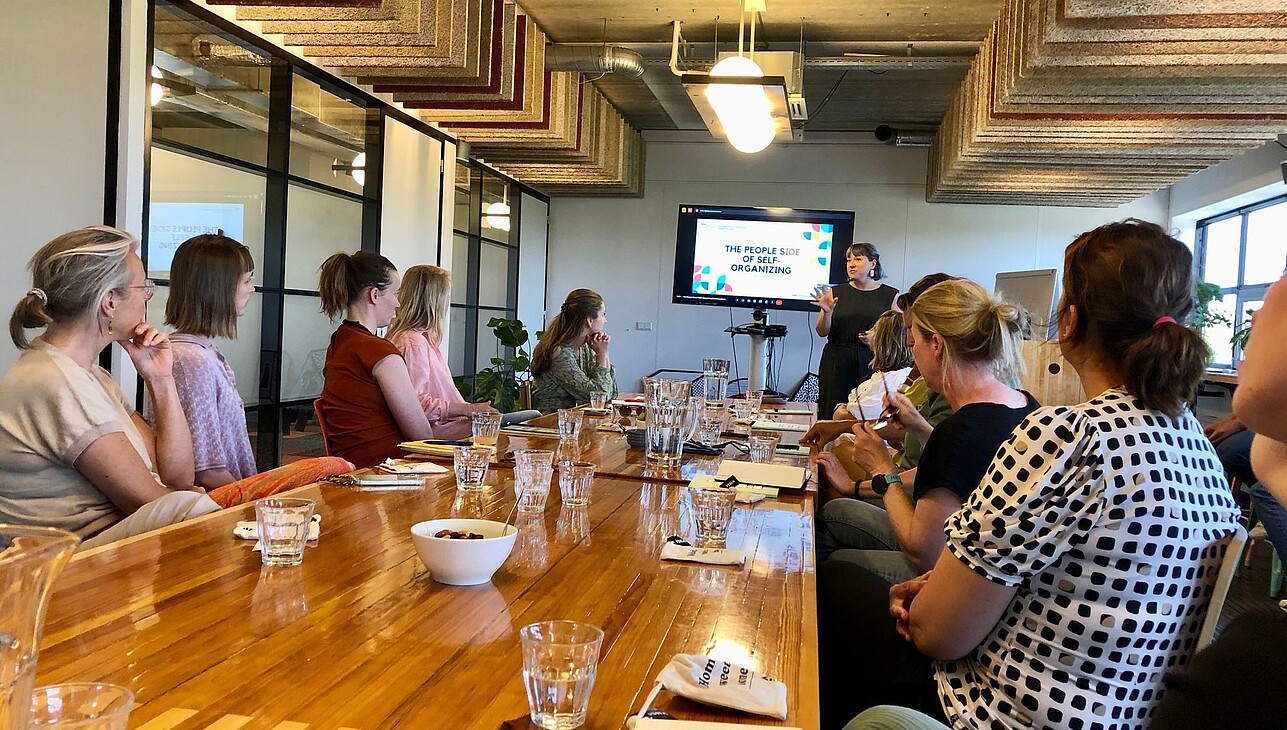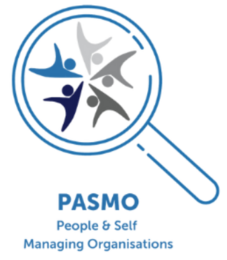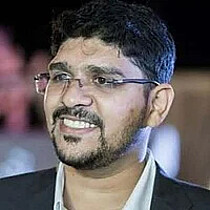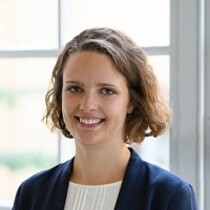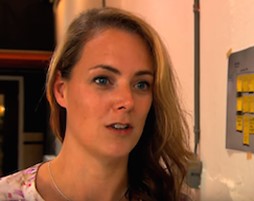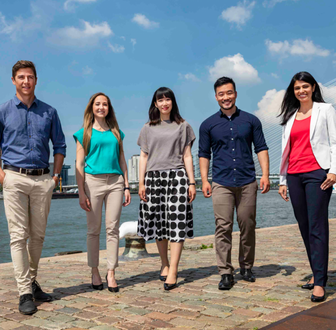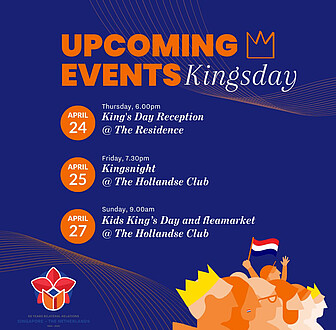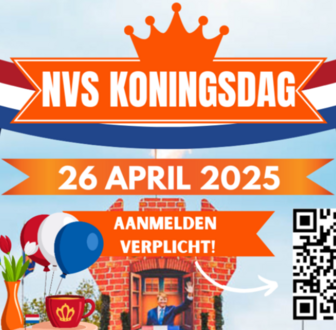SMOs aim to involve employees in strategic and operational decisions about the organisation – and in distributing the authority that is traditionally held only by people in senior positions. But not all SMOs do this effectively.
However, some employees experience workload pressure when they have this extra role in decision-making, and others are not actively involved as intended.
We are therefore investigating how this authority is distributed effectively. We examine which sets of people management practices enable high involvement in decision-making and empower people to take advantage of this authority to voice concerns and ideas.
This project is funded by the Social Sciences and Humanities Open Competition of the Dutch Research Council (NWO).
You can read more about our initial findings via the white paper Stories of High Involvement: People & self-managing organisations.
If you’re interested in hearing more about this work, please contact Bex Hewett: hewett@rsm.nl
Designing an effective organisation means setting up the work systems, figuring out how goals are attained, and then putting in place rewards, training, and rules to keep everything running smoothly.
Conventionally, a select group of executives and specialists develops the organisational design and occasionally adapts it. But in SMOs, the activity of designing is decentralised, and this results in new activities and workload for employees. In this project, we ask how this workload is distributed in SMOs, what it means for employees, and what kind of benefits or risks are provided by activities that are designed in a decentralised way.
This project is funded by the Headquarters in Austria (HiA) research initiative.
If you’re interested in hearing more about the work, please contact JJ Markus: julian.jonathan.markus@wu.ac.at
Feedback is an important tool to help manage and motivate performance in organisations. Often, feedback systems are built around hierarchical structures in which manager-subordinate relationships are key.
Work environments in which hierarchies between people are low or even non-existent need alternative approaches to motivating performance. Our researchers compare the mechanisms of motivation through feedback between SMOs and ‘conventional’ hierarchical organisations. We are interested to understand the role of hierarchy in feedback and how SMOs create alternatives.
This project is funded by the Headquarters in Austria (HiA) research initiative.
If you’re interested in hearing more about the work, please contact JJ Markus: julian.jonathan.markus@wu.ac.at
A key aspect of self-management involves empowering employees to a significant degree. In this project, we investigate whether the practices that foster empowerment within SMOs have the potential to drive social change.
We seek to understand the conditions and strategies that allow the benefits of SMO for people inside the organisation to extend beyond the organisation's boundaries to the point where they can positively impact society. Can SMOs empower individuals to not only enhance the internal operational efficiency but also to address societal challenges? If yes, what mechanisms facilitate this? If no, what are the underlying reasons?
If you’re interested in hearing more about the work, please contact Miheer Agnihotri: agnihotri@rsm.nl
While a goal of SMOs is to reduce managerial hierarchy, leaders remain critically important: the decision to move to self-management is often led by CEOs who drive efforts to implement new procedures and governance structures. They must relinquish their control over decisions and instead give responsibility for the strategic and financial welfare of the company to workers. So what motivates leaders to implement self-management? What are the implications for governance and ownership, and what explains this relationship? In this study we draw on interviews with founders and CEOs in SMOs to find out.
This project is funded by the Bill Nobles Fellowship from the Institute for the Study of Employee Ownership and Profit Sharing at the Rutgers University School of Management and Labor Relations in New Jersey.
If you’re interested in hearing more about the work, please contact Bex Hewett: hewett@rsm.nl
Coach and trainer specialising in self-organisation and holacracy, a method of decentralised management and organisational governance.
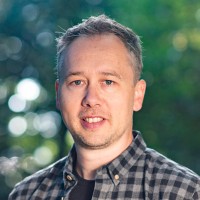
To access the white paper “Stories of High Involvement” click here.
To access the news item: “RSM researcher awarded prestigious Bill Nobles Fellowship” click here.
To access the article “Self-managing organisations: the way forward?” click here.
To access the article “What Makes Self-Managed Teams Unique?” click here.
